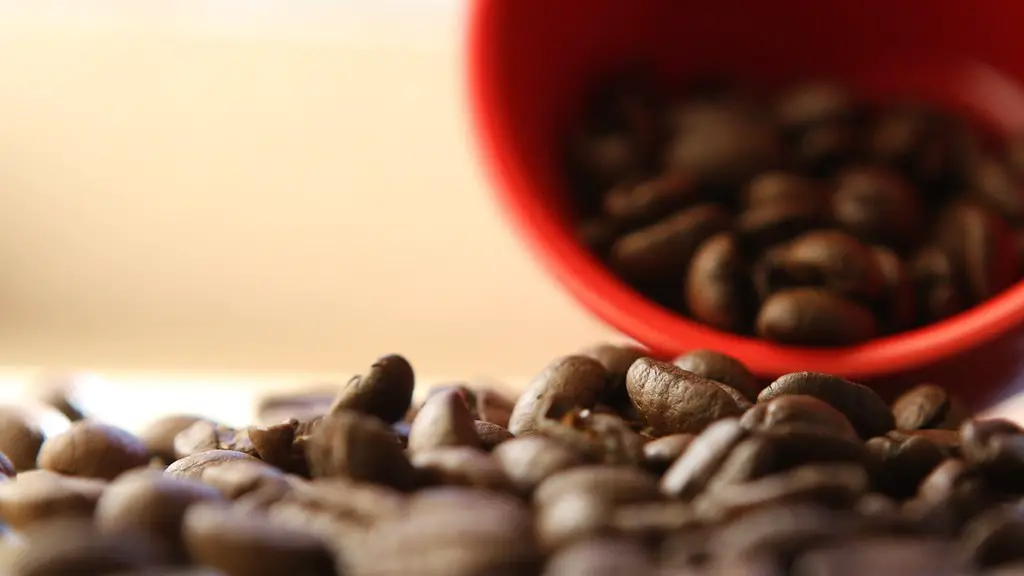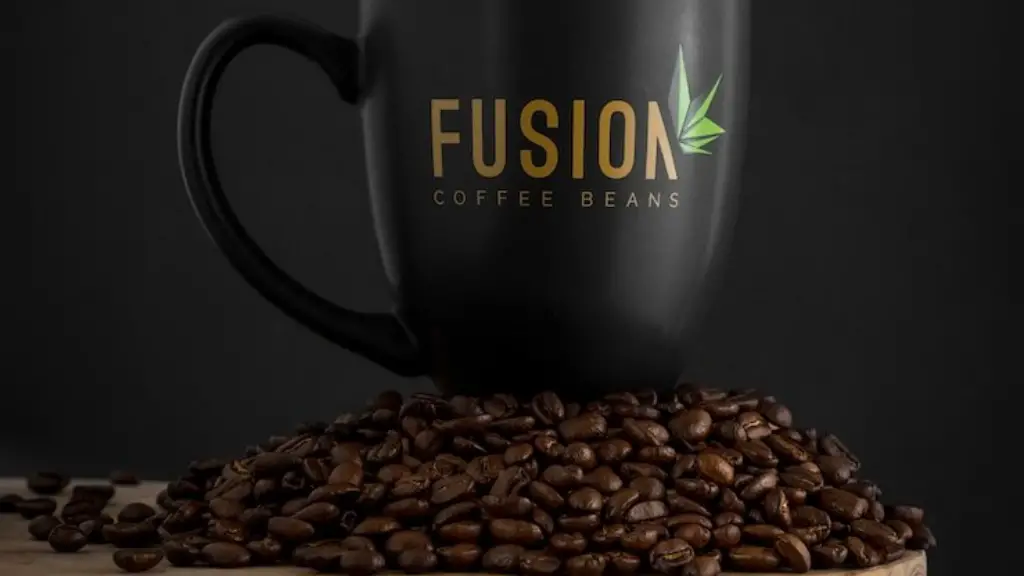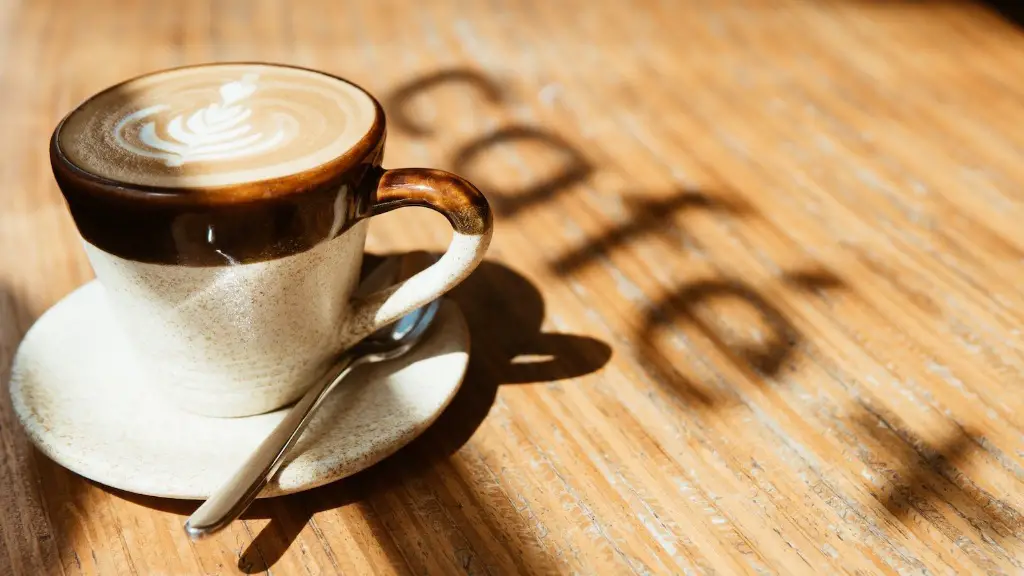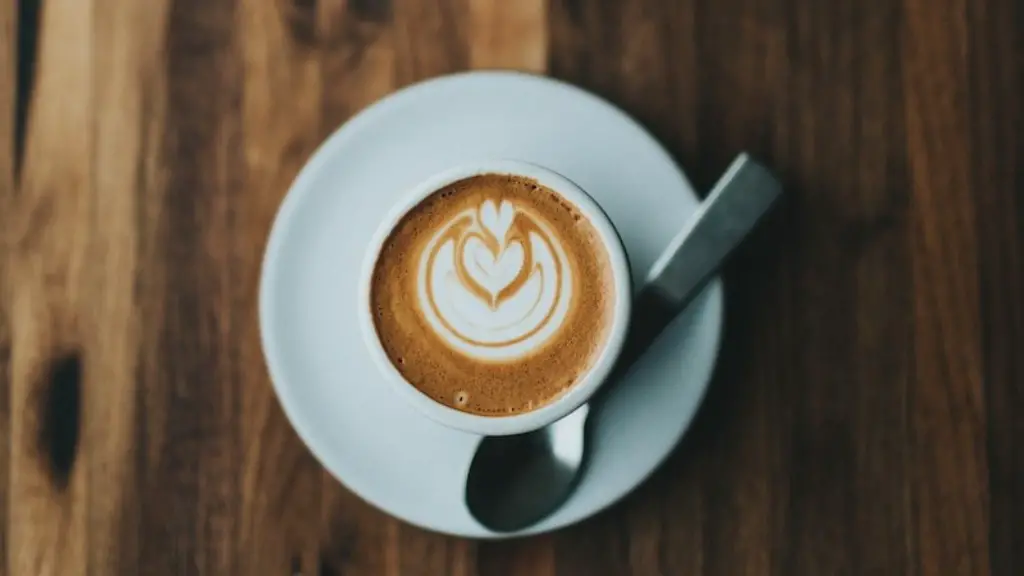Do you rely on coffee to help you stay up and running during the day? Have you heard that drinking coffee is good for a cold? Do you often think about whether the caffeine in coffee could alleviate the symptoms of a cold? If so, you’re in the right place. In this article, we will dive into the science behind the popular belief that drinking coffee can help treat a cold.
Coffee has long been hailed for its ability to reduce fatigue and make us feel more alert. This is because it contains caffeine—a psychoactive stimulant found in a wide range of everyday drinks. In significant doses, caffeine can even act as a mild antidepressant and anti-anxiety medication.
But what about the idea that coffee can help with the symptoms of a cold? Well, the scientific verdict isn’t clear-cut. Studies have suggested that while caffeine may give you a temporary energy boost, it won’t help you recover from a cold faster.
Furthermore, coffee can interfere with the body’s absorption of essential vitamins and minerals, which could lower the body’s ability to fight off a cold. Finally, coffee can worsen dehydration, which is common when you have a cold.
Sleep Deprivation
When you’re fighting off a cold, experts strongly advise that you get enough rest. Caffeine, however, is known to interfere with your sleep; high levels of caffeine in the body can cause restlessness, insomnia, and fatigue. So although coffee might offer you a boost during the day, this could be at the expense of a good night’s sleep.
Lead author of several studies on the health benefits of caffeine, Dr. Mary Guerrini from the University of California, explains:
“We know that adequate rest is one of the best ways to fight off a cold. Drinking coffee might give you a temporary energy boost during the day, but it could be at the expense of getting enough sleep that night.”
So although coffee can make us feel alert, in order to be in peak condition to fight off a cold, it’s important to make sure to get the required 8 hours of sleep every night.
Caffeine and Stress
Stress is another factor to consider when you’re fighting a cold. When you are under stress, it can weaken the body’s ability to fight off pathogens, leaving you more susceptible to infection. Dr. Guerrini also explains how caffeine can interfere with our body’s coping mechanisms when under stress:
“Caffeine can increase arousal, which can lead to an increase in stress. This is why coffee should be avoided if you’re feeling stressed out.”
It’s important to recognize that, contrary to popular belief, high doses of caffeine can actually make us feel more anxious and jittery. While a cup of coffee a day can be beneficial for some people when fighting a cold, excessive amounts of caffeine can make you feel overwhelmed, leading to further stress and worsened cold symptoms.
Is Coffee Helpful or Harmful When You Have a Cold?
Coffee can be a helpful pick-me-up during the day, but when it comes to treating a cold, the evidence is inconclusive. Although experts debate the effectiveness of coffee for treating a cold, it is generally thought that – when consumed in moderation – it can be beneficial in providing a temporary energy boost. However, it’s also important to be aware that excessive amounts of caffeine can interfere with the body’s absorption of essential vitamins and minerals, lead to sleep deprivation, and worsen stress. So although coffee can offer a temporary shot of energy, the best way to fight off a cold is to make sure to get enough rest, eat nutritious meals, and avoid stressing yourself out.
Caffeine Alternatives
If you’re looking for energy during the day without the possible harmful side effects of caffeine, there are alternatives. Natural herbs such as ginger, ginseng, and turmeric offer a great way to provide a shot of alertness without the added stresses that come along with caffeine. Also, eating a healthy, balanced diet is key to having sustained levels of energy throughout the day.
Supplementing your diet with vitamins C and B-complex can also provide your body with the essential nutrients it needs to fight off a cold. Vitamin C-rich foods such as oranges, peppers and broccoli are particularly helpful in boosting your immune system.
Finally, make sure to get enough sleep at night. Sleep is one of the best ways to boost your body’s natural defenses. If you can, try to get 6-8 hours of sleep each night to help strengthen your immune system and fight off a cold.
Hydration
It is a common misconception that caffeine can act as a diuretic and cause dehydration. Although it is true that caffeine can act as a mild diuretic, it is not powerful enough to cause dehydration. In fact, a moderate intake of caffeine can actually help hydrate you. For example, drinking two cups of coffee per day can help you stay hydrated.
However, when fighting off a cold, it’s important to stay hydrated throughout the day. This is because a cold can cause dehydration, and dehydration can worsen the symptoms of a cold. So make sure to drink plenty of fluids and avoid beverages high in sugar and caffeine, such as coffee and energy drinks.
If drinking coffee is part of your daily routine, there’s no need to kick the habit. But if you’re finding it difficult to sleep, feeling overwhelmed, or if your cold symptoms seem to be getting worse, it’s a good idea to try and limit your coffee intake until the situation improves.
Coffee Ingredients
Another factor to consider is the ingredients in your coffee. Caffeinated beverages such as lattes, cappuccinos, and frappuccinos, contain additional ingredients other than coffee, such as added sugar, creamers, and flavorings. All of these ingredients can provide a boost in energy, but can also worsen your cold symptoms.
It’s important to be aware that some flavoring ingredients, such as chocolate and vanilla, can be detrimental to your health if you’re fighting off a cold. These ingredients can increase inflammation, irritate your throat, and make it harder to fight off a cold.
Coffee and Cold Medication
Finally, it’s important to be aware that drinking coffee can interfere with the effectiveness of cold medications. Certain over-the-counter cold medications, such as ibuprofen, aspirin, and acetaminophen, can be rendered ineffective if taken with coffee.
Dr. Guerrini explains:
“If you’re taking a cold medication, it’s important to read the label carefully to ensure that caffeine isn’t included in the list of ingredients. If it is, then you should avoid drinking coffee or other caffeinated beverages while taking the medication, as this could counteract the effects of the medication.”
So although coffee can provide a temporary pick-me-up, it might not be the best choice when you’re fighting a cold. So if you feel like you’re coming down with a cold, make sure to get rest, and avoid excessive amounts of sugar and caffeine in order to get back on your feet faster.





